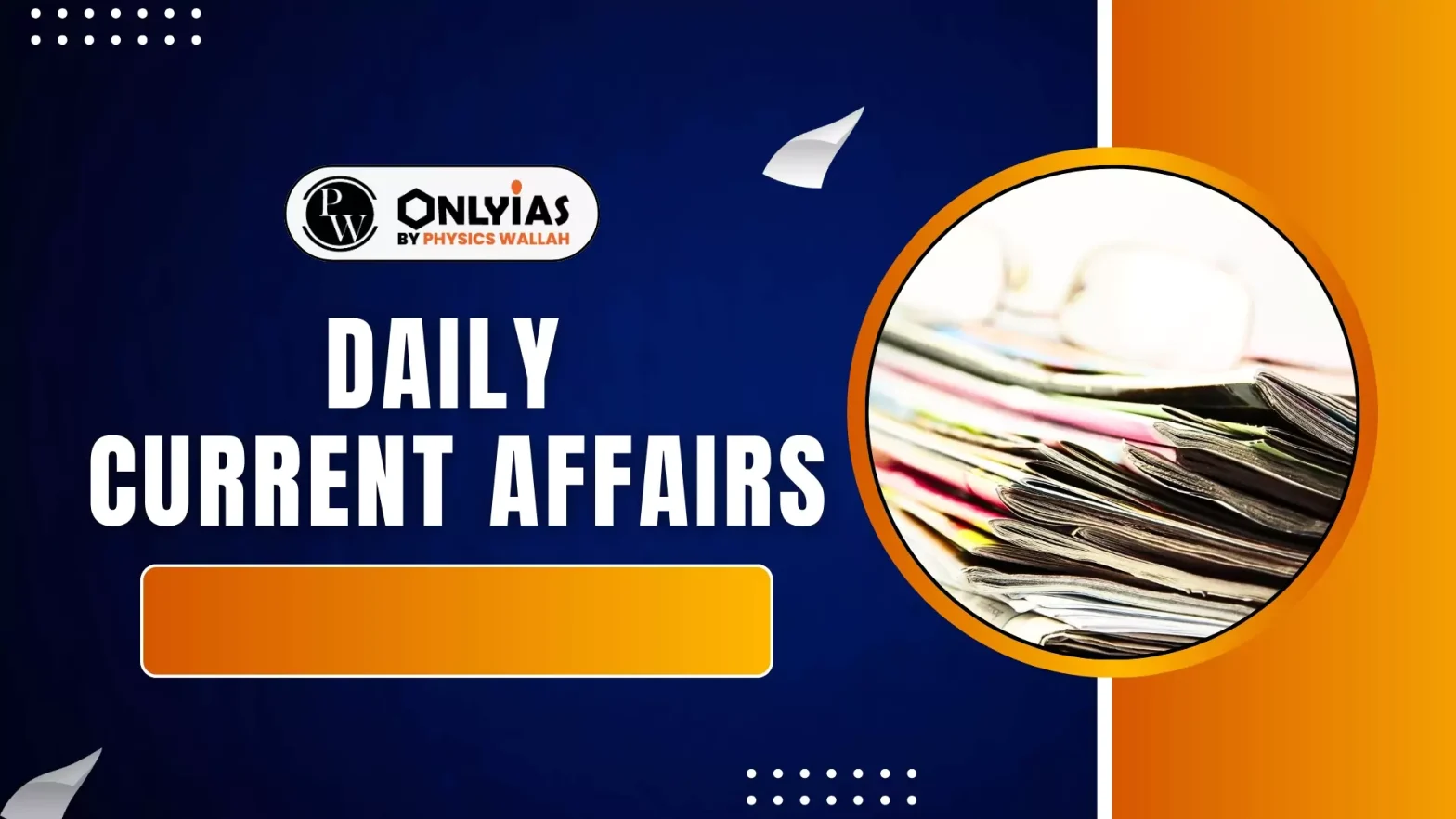Recent debates in India’s political discourse question the democratic legitimacy and economic sustainability of freebies, clientelism, and patronage in electoral politics.
About Clientelism, Patronage, and Freebies
Clientelism
- It refers to a reciprocal relationship where voters receive material benefits such as cash, liquor, or gifts in exchange for electoral support.
- The exchange often involves monitoring mechanisms by politicians through local brokers or karyakartas.
- Example: Distribution of liquor and cash before elections in several Indian states.
Patronage
- Patronage involves long-term, sustained allocation of state or private resources like jobs, loans, or housing to loyal supporters.
- It involves a recurring political relationship.
- Example: Cases of providing government jobs through informal networks in Tamil Nadu and West Bengal.
Freebies
- Freebies are universally distributed goods or benefits without direct reciprocal expectations. Distribution criteria are inclusive and generally not monitored.
- Example: Free bus rides for women in Delhi and Karnataka or free laptops for students in Uttar Pradesh.
Applicability of Clientelism, Patronage, and Freebies in India
- Secret Ballot System :India’s secret ballot ensures voting privacy, making it hard for politicians to track votes, which reduces the effectiveness of clientelistic vote-for-benefit deals.
- Large Constituency Size:High voter populations dilute the capacity of political agents to monitor or maintain long-term patron-client ties effectively making the process difficult.
- Democratic Maturity:Increased electoral awareness has empowered voters to accept benefits from multiple parties while independently choosing whom to vote for.
- Weak Political Cadres : Decline of local party workers and regional party base reduces the feasibility of sustained patronage networks.
- Digital Transfers: The use of Direct Benefit Transfers (DBT) has depersonalized welfare delivery, reducing intermediaries and making freebies more universal and transparent.
Distinguishing Features of Clientelism, Patronage, and Freebies
| Aspect |
Clientelism |
Patronage |
Freebies |
| Nature of Distribution |
Selective, individual targeting |
Selective, long-term relationships |
Universal, class/group targeting |
| Timing |
Near elections |
Ongoing Process |
Pre or post-election |
| Monitoring & Compliance |
High, via political agents |
Moderate, based on loyalty |
Low or none, minimal monitoring |
| Expectation of Return |
Explicit vote/campaign support |
Loyalty over time |
Implicit political goodwill |
| Examples (India) |
Liquor/cash during elections |
Jobs or subsidies to party workers |
Free electricity, cycles, cash transfers |
Challenges
Judicial Interventions and Supreme Court Decisions
- S. Subramaniam Balaji vs. State of Tamil Nadu (2013): The court upheld the legality of pre-election promises if they further public purpose but called for a framework to regulate freebies.
- Supreme Court PIL on Freebies (2022): The court called for a broad consultation to distinguish between welfare and freebies, recommending an expert body for oversight.
- Election Commission’s Role (2022 SC Observation): Criticised the ECI’s limited action and asked it to frame stricter guidelines to prevent undue influence through distributions.
- Ruling on Cash for Votes (Andhra Pradesh): Courts recognised the role of cash distribution as electoral malpractice, urging stricter implementation of the Representation of People Act.
|
- Political Misuse: Excessive clientelism leads to vote buying, undermining democratic accountability.
- Example: Allegations of mass distribution of cash during Tamil Nadu elections (2016, 2021).
- Fiscal Burden: Freebies may stress state budgets without proper targeting.
- Example: Power subsidies in Punjab and Delhi have strained public finance.
- Lack of Regulatory Framework: There’s no clear framework defining the difference between welfare and inducement, leading to policy confusion and judicial overreach.
- Weak Institutional Monitoring: The decline of strong political cadres makes it difficult to hold political actors accountable for informal transactions.
- Public Perception and Misconception: Universal welfare schemes often get wrongly labelled as populist or undemocratic despite their developmental impact.
Way Forward
- Needs-Based Allocation: Policies should be targeted at vulnerable populations with measurable developmental outcomes.
- For Example: Bihar’s cycle scheme for girls led to higher girl enrolment in schools.
- Impact Assessment Mechanisms: Institutional mechanisms must assess the long-term social and economic impact of welfare schemes.
- Legal Framework and Definitions: Parliament and Election Commission should evolve a clear legal definition distinguishing welfare from inducements.
- Transparency in Funding: Campaign spending and private financing should be brought under scrutiny to curb informal clientelism.
- Cap on Expenditure: States could be restricted to a certain level of expenditure on freebies to avoid fiscal instability.
- For example restricting expenditure on freebies to 1% of SGDP.
- Learning from Other Democracies: Brazil and Argentina have formalised welfare delivery with citizen ID-based targeting, reducing room for informal clientelistic politics.
Conclusion
While criticism of freebies and redistributive politics is valid in some contexts, conflating all such practices obscures the real issue of informal and unaccounted clientelism.
Focusing reforms on transparency, impact assessment, and democratic accountability will ensure that political distribution aligns with developmental goals rather than electoral gain.
Additional Reading: Freebies
![]() 14 May 2025
14 May 2025
